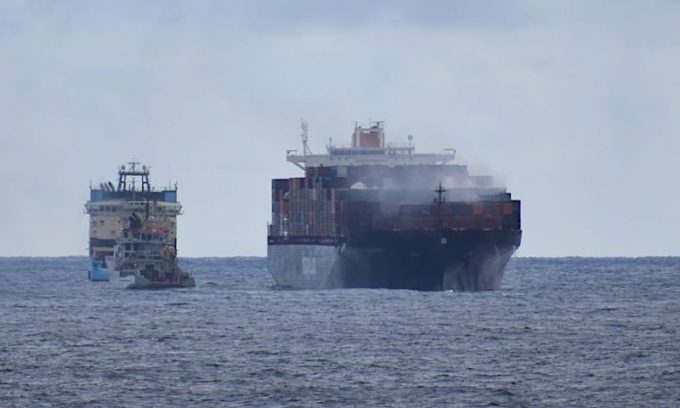Carrier groups likely to have eyes on DP World's Nhava Sheva concession
Global container carrier heavyweights are likely to bid for the upcoming re-award of a container ...

The owner of the fire-stricken Yantian Express said the vessel would depart its refuge at Bahamas Freeport on Wednesday, to arrive at the Canadian east coast gateway of Halifax at the weekend.
On Friday, owner Hapag-Lloyd told customers: “Reloading of all containers previously discharged ashore for inspection ...


Comment on this article